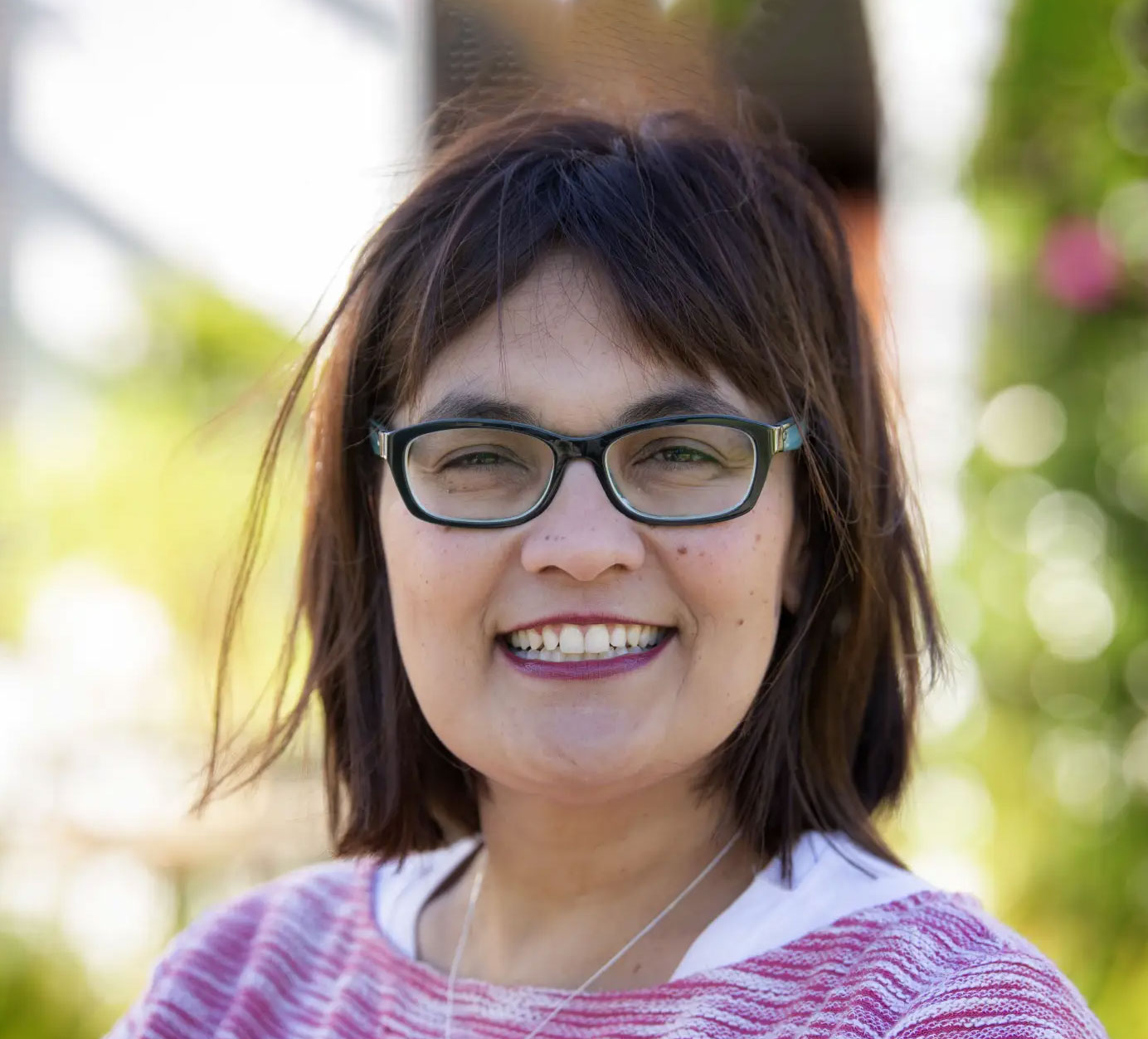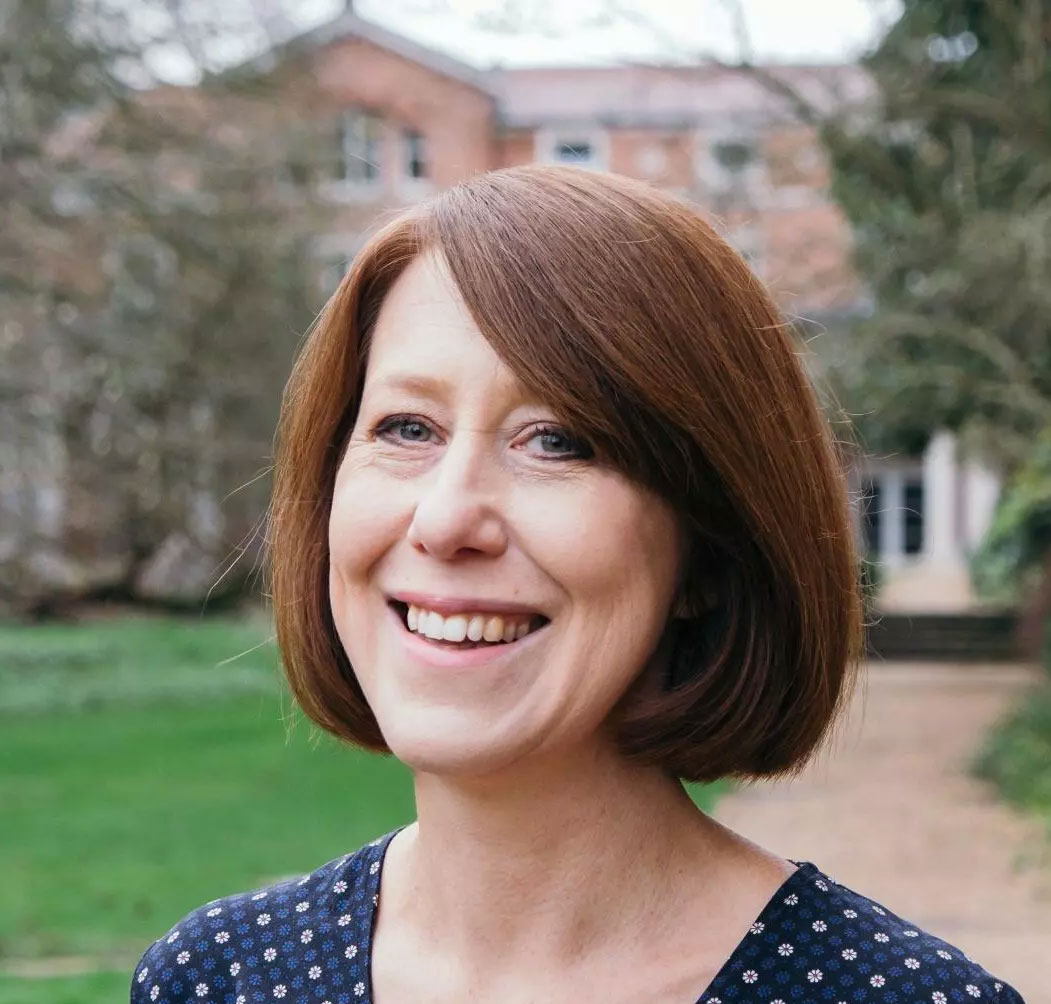At postgraduate level, the Classics Section offers programmes of study towards a Bachelor Honours (BAHons) degree, a Master's (MA) degree, and a Doctoral (PhD) degree.
Honours
Honours (BAHons) in Classical Studies or Greek or Latin
The Honours curriculum comprises four taught courses and a research essay. A full-time candidate is expected to complete the requirements for the degree within one year. A two-year programme may be offered for bona fide part-time students by at the discretion of the Head of Classics (part-time applications require faculty approval).
While the available courses allow for specialisation in many different areas of Classics, our degree structure also offers considerable flexibility: up to two of the four taught courses may be taken in an alternative discipline/department, subject to approval by that department and by Classics.
Research Essay
The Honours research essay (SLL4000H) is a core component of the honours programme and is undertaken on a topic chosen by the student (established in dialogue with the postgraduate convenor and potential supervisors) under individual supervision by a member of staff. The research essay is around 15,000 words in length.
Honours in Classical Studies
While Honours in Classical Studies does not require advanced knowledge of Greek or Latin, students intending to proceed to Honours are strongly encouraged to include a course in Greek or Latin in their undergraduate curriculum.
Our selection of courses provides advanced study in the areas of ancient history, art, literature, and religion. In addition, two courses are devoted to the study of ancient philosophy.
Classical Studies Topics I (SLL4081F)
This course offers a detailed study of a clearly defined period in Greek or Roman History, to be determined by student interest and staff availability, involving careful investigation of primary sources and trends in modern scholarship. Periods studied have included The Age of Augustus, The Flavians, Alexander the Great, and The Successors to Alexander.
Assessment: Two essays of at least 5,000 words, 100%.
Classical Studies Topics II (SLL4082F)
This course offers a detailed study of an aspect of ancient culture, either a literary, historical or cultural subject (determined by student interest and staff availability), across a broad time span. Close attention is paid to primary sources, textual and material, and trends in modern scholarship are subjected to analysis. Topics offered have included Early Greek poetry, Athenian or Roman, Imperialism, Resistance to Roman Rule.
Assessment: Two essays of at least 5,000 words, 100%.
Classical Studies Topics III (SLL4083S)
This course offers a detailed study of an aspect of ancient culture, either a literary, historical or cultural subject (determined by student interest and staff availability), across a broad time span. Close attention is paid to primary sources, textual and material, and trends in modern scholarship are subjected to analysis. Topics offered have included Ancient Divination, Epistolography and Classical Architecture.
Assessment: Two essays of at least 5,000 words, 100%.
Classical Studies Topics IV (SLL4084S)
This course offers a detailed analysis of a defined geographical area and chronological period within the overall time-span of 1600 BC and AD 640 (determined by student interest and staff availability). Students are required to scrutinise primary sources, both textual and material and to study trends in modern scholarship. Topics offered have included Rome’s expansion across Italy and its cultural implications, Egypt under Roman Rule, Life in Roman Britain.
Assessment: Two essays of at least 5,000 words, 100%.
Philosophy I: Pre-Socratics to Aristotle (SLL4050F)
Study, through analysis of surviving texts, of the origins and development of Ancient Greek philosophy and the formation of philosophical systems. Selected fragments of the Pre-Socratics will be read, and introduction provided to the tools required to read them competently. Selected dialogues of Plato and treatises of Aristotle will also be examined.
Assessment: Two essays, 35% each; and one test 30%.
Philosophy II: Post-Aristotelian Philosophy (SLL4024S)
Study of the main post-Aristotelian Schools of philosophy, Epicurean, Stoic, Sceptic, Cynic, and New Academy. Various aspects of these philosophies will be covered: dialectic, physics and ethics. Emphasis may be given to particular themes, such the notion of the divine, and the interaction with competing forms of expertise (such as rhetoric). Appreciation of cultural and historical context will be included, where appropriate.
Assessment: Two essays, 35% each; and one test 30%.
Honours in Greek
Honours in Greek provides advanced philological and contextual study of a range of ancient Greek literature, from the archaic to the post-Classical period.
Greek Language & Literature Topics I (SLL4085F)
This course offers a detailed literary, philological, metrical and contextual study of selected genres of Greek poetry (determined by student interest and staff availability). Topics offered include narrative epic (Homer), didactic poetry (Hesiod), elegy and lyric (as represented by fragments of Archaic poets), epigram, and bucolic. Attention to ancient criticism of traditional poets may also be included.
Assessment: Two essays of at least 4,000 words 70%; one test 30%.
Greek Language & Literature Topics II (SLL4086F)
This course offers a detailed literary, philological, and contextual study of Early and Classical prose authors of the fifth and fourth centuries BC (determined by student interest and staff availability). Authors offered include the historians Herodotus and Thucydides, dialogues of Plato, and the Attic orators (Lysias, Isocrates, Demosthenes). Later historians such as Polybius and Appian may also be included.
Assessment: Two essays of at least 4,000 words 70%; one test 30%.
Greek Language & Literature Topics III (SLL4087S)
This course offers a detailed study of specimens of Greek drama (determined by student interest and staff availability). Specimens from both tragedy (Aeschylus, Sophocles, Euripides) and comedy (Aristophanes, Menander) may be offered, as well as surviving ancient treatments of tragedy in philosophy and literary criticism (in Plato and Aristotle). Among the topics which will be covered are social, religious, and political context, technicalities of performance, and metadramatical considerations.
Assessment: Two essays of at least 4,000 words 70%; one test 30%.
Greek Language & Literature Topics IV (SLL4088S)
This course offers a detailed study of post-Classical literature in Greek (determined by student interest and staff availability). Topics include Alexandrian literature, (Apollonius of Rhodes, Theocritus Idylls), literature drawn from the time of the Roman Empire, often termed the ‘Second Sophistic’ (Plutarch, Dio of Prusa, the Greek novelists), and ancient commentary on, and theory of, literature.
Assessment: Two essays of at least 4,000 words 70%; one test 30%.
Honours in Latin
Honours in Latin provides advanced philological and contextual study of a range of Latin literature, from the early Republican to the Imperial period.
Latin Language & Literature Topics I (SLL4089F)
This course offers a detailed literary, philological and contextual study of selected Latin prose authors other than writers of history from the second century BC through to the Imperial period (determined by student interest and staff availability). Authors offered have included Cicero, Petronius, Apuleius and Suetonius and generic topics have included Classical Rhetoric in theory and practice.
Assessment: Two essays of at least 4,000 words 70%; one test 30%.
Latin Language & Literature Topics II (SLL4090F)
This course offers a detailed literary, philological and contextual study of selected aspects of Latin poetry from the third century BC through to the Imperial period (determined by student interest and staff availability). Topics offered have included Early Latin poetry, Catullus, Lucretius, Latin Love Elegy, Horace, and the Theory and Practice of Poetry in the First Century BC.
Assessment: Two essays of at least 4,000 words 70%; one test 30%.
Latin Language & Literature Topics III (SLL4091S)
This course offers a detailed literary, philological and contextual study of Latin texts in the field of historiography from the beginnings of the appearance of this discursive form in Latin through to the Imperial period (determined by student interest and staff availability). Authors covered include Cato, Sallust, Livy, Tacitus, Valerius Maximus and Velleius Paterculus.
Assessment: Two essays of at least 4,000 words 70%; one test 30%.
Latin Language & Literature Topics IV (SLL4092S)
This course offers a detailed literary, philological and contextual study of selected authors of Latin poetry and of poetic genres that flourished during the Imperial period (determined by student interest and staff availability). Authors offered include Virgil, Horace, Statius, Martial and Juvenal; Lucan and Valerius Flaccus; genres studied have included satire and epic, and bucolic.
Assessment: Two essays of at least 4,000 words 70%; one test 30%.
MA
Master of Arts in Classical Studies or Greek or Latin by dissertation
The Master’s by dissertation is a research degree on an advanced topic under supervision. Candidates registered for a master’s degree are expected to complete within two years of registration. The minimum registration period is one year. Examination is by thesis alone (no more than 50,000 words in length). Applicants should consult the Head of Classics to discuss both the topic and the availability of suitable supervision.
PhD
Doctor of Philosophy in Classical Studies
The PhD is a research degree on an advanced topic under supervision. No maximum period of time is prescribed for completing a thesis, but the university stipulates a “reasonable time”, which is generally taken to be five years. The minimum registration period is two years. Examination is by thesis alone (no more than 80,000 words in length). Applicants should consult the Head of Classics to discuss both the topic and the availability of suitable supervision.

Studying Classics at UCT made me realize the privilege of being able to access the thoughts and experiences of people who lived on the other side of the world two thousand years ago. That realization is an awe-inspiring feeling that has never left me since I first experienced it in Beattie Building all those decades ago.
James Loeb Professor of the Classics, Harvard University
BA UCT 1973

It has, without a doubt, been the very best decision I made to major in Latin and I would recommend the study of the Classics as a way of broadening one’s perspective, widening the lens with which one views the world and gaining a treasure trove of knowledge which is useful in ways one doesn’t quite fathom while still a student.
Lawyer; Author; Columnist; Governance Specialist
BA (LAW) UCT 1991

When it came to the cut and thrust of things, I found that I could write clearly and concisely and could argue the merits of a case. I could look at a complex situation from many points of view, getting to grips with the details while also standing back and thinking strategically about the whole ... In short, I believe my liberal arts and classical background served me very well.
CEO of Westpac, 2008 to 2015; Member of the Group of Thirty
BA UCT 1976

Not only did I enjoy studying classics hugely, finding it one of the most stimulating aspects of my time at UCT; more than that, studying classics at UCT was an essential step in my intellectual and professional journey.
Regius Professor of Civil Law, Cambridge
BA UCT 1995